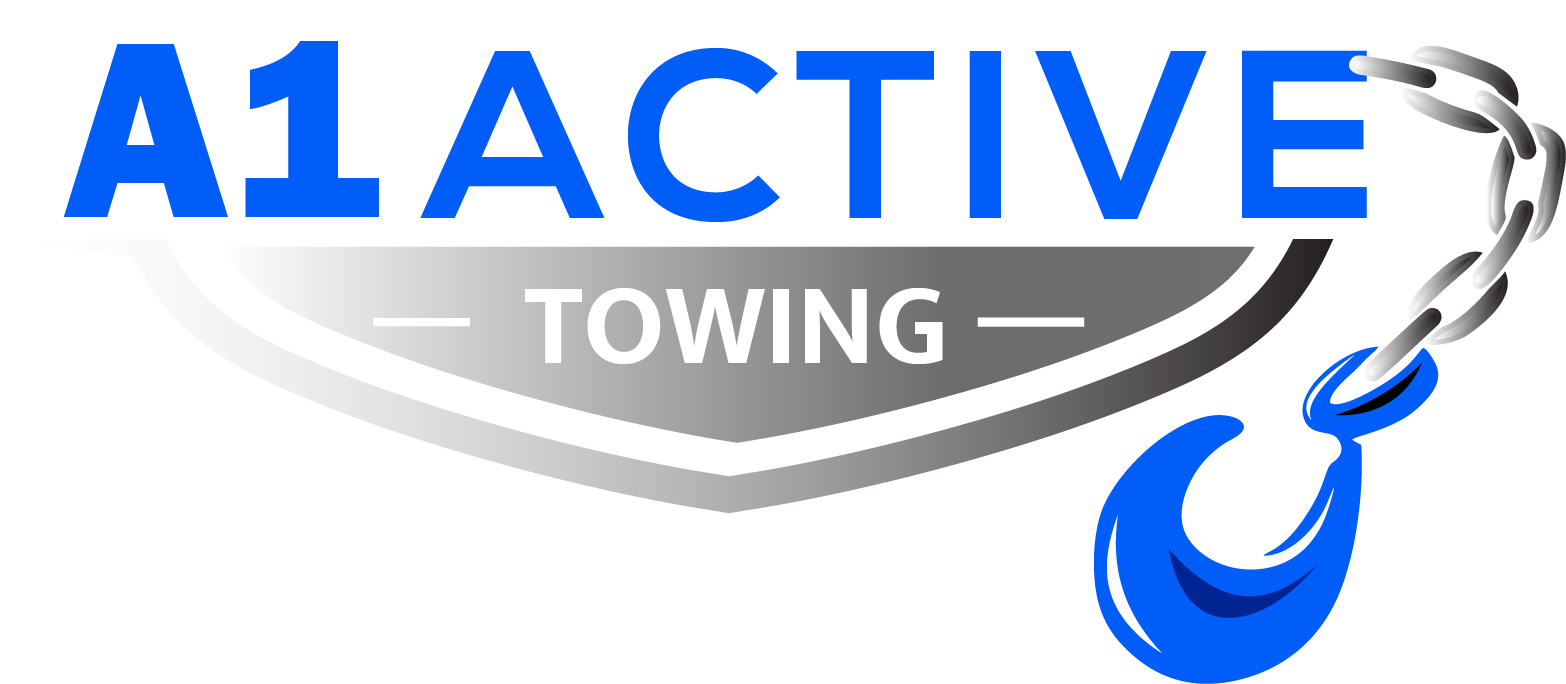Heavy-duty towing and recovery operations, especially in regions like Alberta, require a serious attempt to synchronize the machinery, knowledge, and planning, among other crucial elements. Yet, one factor that significantly influences the efficiency and safety of these operations often goes overlooked: climatic conditions. When providing emergency tow service in Alberta, factors such as extreme cold, snowstorms, and icy roads become paramount considerations in ensuring the success of the operation while maintaining safety standards.
For urgent assistance, rely on emergency roadside services in Alberta. Get prompt help whenever you need it most.
In this blog, I will explore how weather can affect heavy-duty towing and how towing companies overcome this hurdle, so they can always deliver their services seamlessly.
Knowing The Verse Of The Heavy-Duty Tow Truck
Before we dive into the complex issues of weather-based challenges, let us first briefly cover the basics of heavy-duty towing. Towing service companies deal with the towing of big vehicles and their accessories, for example, semi-trailers, buses, and construction machines.
Towing heavier vehicles needs specialized hardware, including strong, hydraulic system tow trucks with superior winches and tow hooks that can carry substantial loads.
No matter how good things are, the weather can sometimes be unpredictable and affect towing operations for many reasons.
- Rain And Flooding
Rainfall and overcrowding create new problems for heavy-duty towing. On the other hand, wet roads reduce the friction that is required to control large vehicles. Rising water can flood the streets, lead to complicated traffic movements, and increase the likelihood of accidents. Moreover, the stability of the towing gear can be affected by sloppy land, which leads to new methods of towing.
One of the strategies that towing companies employ to combat the effects of rain and flooding is employing multiple methods. This can be achieved by employing specialized tow trucks, which have the added advantage of using traction control systems, and by hiring experienced operators who have mastered the art of guiding tow trucks through complicated road conditions. Firstly, ensuring proper communication links between towing operators and dispatch operations is another key factor in the response to any weather-related disasters.
- Snow And Ice
The towing companies of areas, experiencing significant amounts of snow and ice, face the snowy winter with a collection of various challenges. Hazardous driving conditions double the chances of accidents and decrease the efficiency of towing heavy trucks. Specialized items, snow chains, and tire traction aids are prerequisites for maintaining standard traction and stability levels in icy conditions. On top of that, the towing operators should possess great skill when steering on slippery roads to avoid sliding or jackknifing.
Towing companies take proactive measures like applying anti-icing agents on roads to prevent ice, and they do regular checks of equipment for wear and tear. Furthermore, using safety protocols, such as the slower towing speed and increased distances of following, in a way reduces ice-related accidents.
- Extreme Heat
High temperatures can seriously affect heavy-duty towing operations but in a different manner. Prolonged exposure to the extreme heat will put strains on towing equipment, resulting in overheating and damage to the equipment. Furthermore, hot weather involvement in tire wear reduces the risk of blowouts during towing. Towing companies should incorporate preventive maintenance activities and regular checks on their equipment to nullify the heat effects.
The tow company, therefore, conducts routine tests and maintenance checks to identify and resolve any impending problems beforehand. Also, offering towing operators enough time off and hydration could prevent the hazards of heat fatigue and provide a high level of efficiency when towing.
- Strong Winds
The danger of high winds on heavy-duty towing operations is evident, especially when transport vehicles are high and wide in size. Many towing drivers experience wind drift in towed vehicles, which could cause swaying or even tipping over, depending on whether proper precautions are taken. Towing companies may adopt varying speeds of towing, a stronger fixing of loads, or hold their operations during the powerful wind to ensure safety.
Tug companies reduce the risks connected with windy weather by using state-of-the-art systems for weather monitoring and forecasting. This allows us to catch wind speed variations and predict events. More importantly, strict load-securing policies and training towing drivers on wind-resistant towing techniques are going to be the keys to ensuring safety and avoiding accidents.
Adapting To Weather Challenges
Heavy-duty towing companies might utilize different strategies to lessen the degree of weather complications in their operations. These may include:
- Conducting all-around risk assessments before the commencement of towing operations.
- Applying specific equipment and attachments specially developed to be used in some specific weather.
- The constant learning of tow operators on safety on tow in different weather conditions.
- Proactive repair of machinery and equipment inspection is necessary to avoid weather failures.
The actions undertaken include contingency plans as well as communication protocols necessary to effectively respond to weather-related emergencies.
Trust Towing and Recovery Experts Alberta for efficient and reliable roadside assistance. Experienced professionals are ready to help you get back on track.
Conclusion
Even though the weather conditions significantly affect heavy-duty towing and recovery operations, they create not just numerous problems for the towing specialists, but also solutions. Besides the rain and floods with snow and ice, each particular weather pattern chooses its own set of difficulties, which only the continuing strength and true dedication of towing teams can overcome. With an insightful knowledge of weather-driven challenges and a proactive strategy for preventing them, towing companies providing roadside assistance across Alberta will master nature’s power and make their operations run smoothly.
